Microsoft says AI tools such as Copilot or ChatGPT are affecting critical thinking at work – staff using the technology encounter 'long-term reliance and diminished independent problem-solving'
AI tools might be convenient for workers, but there's a risk they'll become too reliant in the future

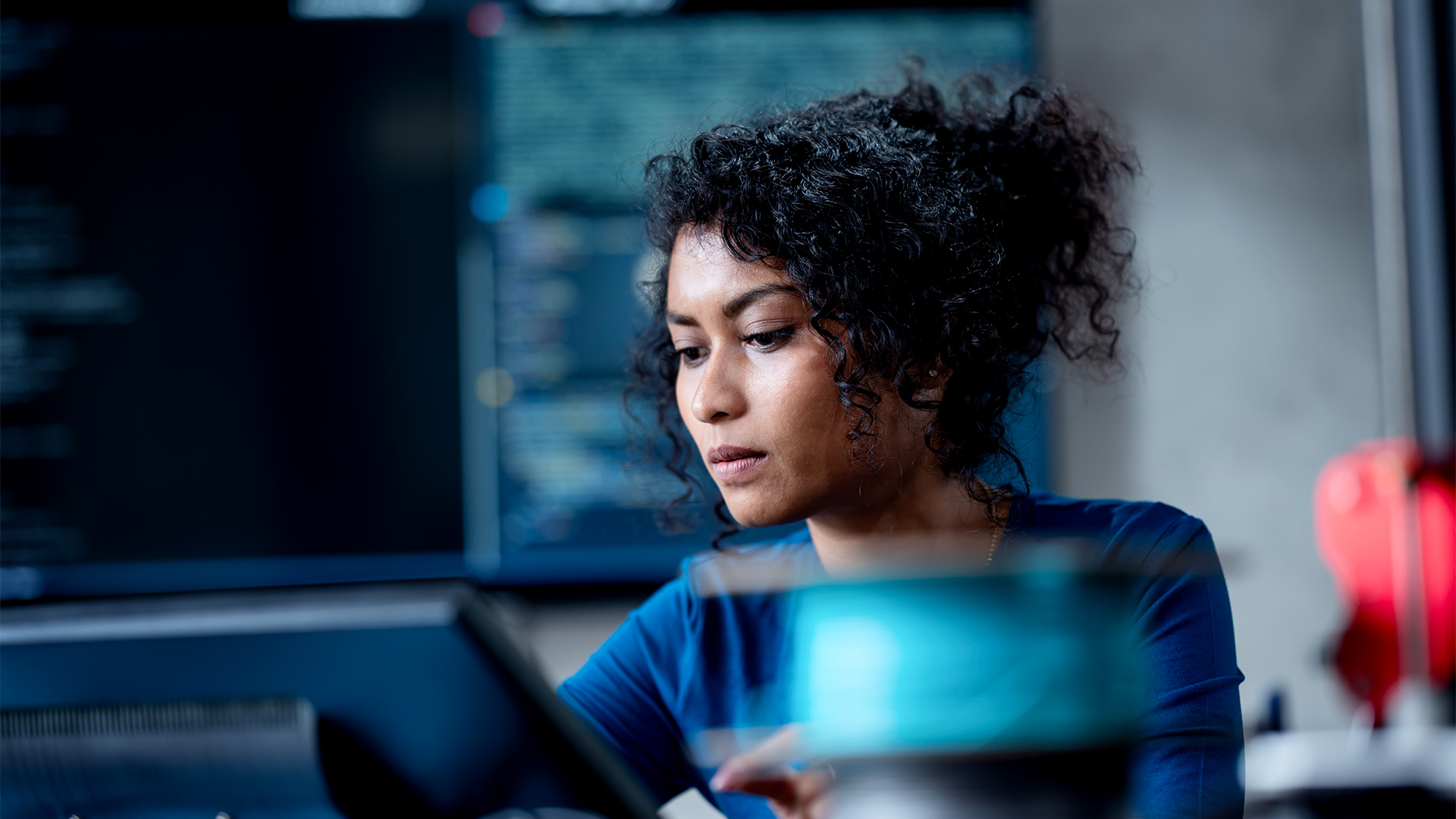
Using generative AI at work may impact the critical thinking skills of employees — and that's according to Microsoft.
Researchers at Microsoft and Carnegie Mellon University surveyed 319 knowledge workers in an attempt to study the impact of generative AI at work, raising concerns about what the rise of the technology means for our brains.
Concerns about the negative impact are valid, the report noted, with researchers pointing to the “deterioration of cognitive faculties that ought to be preserved”.
That referenced research into the impact of automation on human work — which found that depriving workers of the opportunity to use their judgement left their cognitive function "atrophied and unprepared" to deal with anything beyond the routine.
Similar effects have also been noticed with reduced memory and smartphones, and attention spans and social media users.
"Surprisingly, while AI can improve efficiency, it may also reduce critical engagement, particularly in routine or lower-stakes tasks in which users simply rely on AI, raising concerns about long-term reliance and diminished independent problem-solving," researchers said.
The study noted that users engaged in critical thinking mostly to double check quality of work, and that the more confidence a worker had in the generative AI tool in question, the less likely they were to use their own critical thinking to engage with their work.
Sign up today and you will receive a free copy of our Future Focus 2025 report - the leading guidance on AI, cybersecurity and other IT challenges as per 700+ senior executives
"When using GenAI tools, the effort invested in critical thinking shifts from information gathering to information verification; from problem-solving to AI response integration; and from task execution to task stewardship," the research found.
Researchers said more work was needed on the subject, especially because generative AI tools are constantly evolving and changing how we interact with them.
They called for developers of generative AI to make use of their own data and telemetry to understand how these tools can "evolve to better support critical thinking in different tasks."
"Knowledge workers face new challenges in critical thinking as they incorporate GenAI into their knowledge workflows," the researchers added. "To that end, our work suggests that GenAI tools need to be designed to support knowledge workers’ critical thinking by addressing their awareness, motivation, and ability barriers."
Reliance on AI tools could become a big problem
All of this is a problem as Microsoft has pushed its AI-powered Copilot tools into its wider software package, a trend across the wider industry — though some workers are sneaking it into their companies without explicit approval, too.
RELATED WHITEPAPER
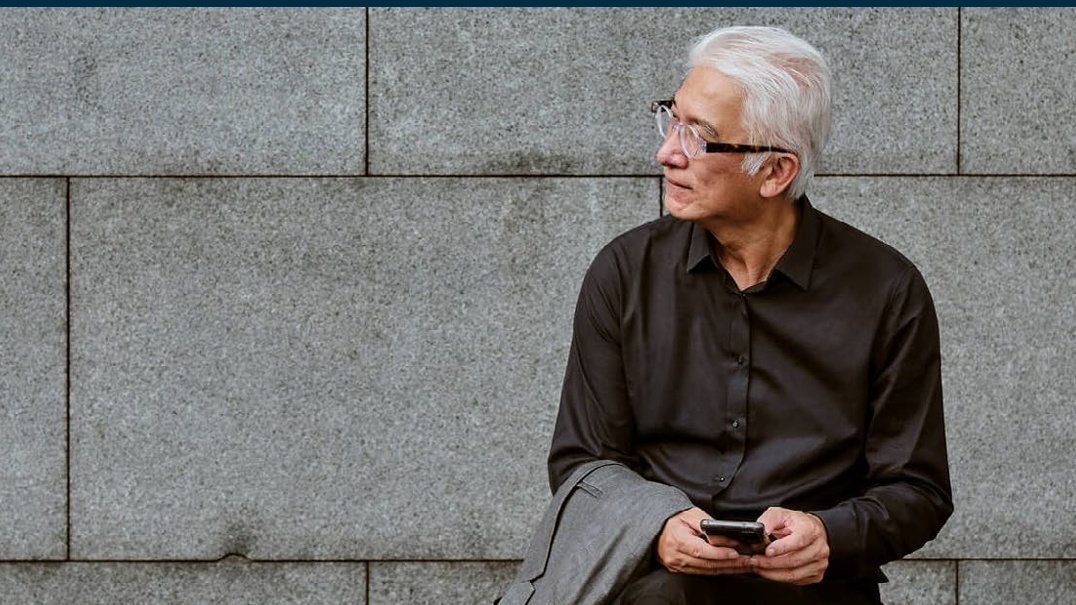
Beyond cutting costs, one of the long cited assumptions about AI is that it could remove routine tasks from day-to-day work — helping employees do less drudgery and shift to more creative work.
Achieving that requires finding the right balance between fully automated tasks, those with a human in the loop, and wholly human work.
Research from Stanford has suggested workers are more effective and productive working alongside an AI assistant, but also found we easily slip into overreliance on such tools, sparking compliance or too much trust in the technology.
MORE FROM ITPRO
Freelance journalist Nicole Kobie first started writing for ITPro in 2007, with bylines in New Scientist, Wired, PC Pro and many more.
Nicole the author of a book about the history of technology, The Long History of the Future.
-
 What is Microsoft Maia?
What is Microsoft Maia?Explainer Microsoft's in-house chip is planned to a core aspect of Microsoft Copilot and future Azure AI offerings
-
 If Satya Nadella wants us to take AI seriously, let’s forget about mass adoption and start with a return on investment for those already using it
If Satya Nadella wants us to take AI seriously, let’s forget about mass adoption and start with a return on investment for those already using itOpinion If Satya Nadella wants us to take AI seriously, let's start with ROI for businesses
-
 If Satya Nadella wants us to take AI seriously, let’s forget about mass adoption and start with a return on investment for those already using it
If Satya Nadella wants us to take AI seriously, let’s forget about mass adoption and start with a return on investment for those already using itOpinion If Satya Nadella wants us to take AI seriously, let's start with ROI for businesses
-
 Half of agentic AI projects are still stuck at the pilot stage – but that’s not stopping enterprises from ramping up investment
Half of agentic AI projects are still stuck at the pilot stage – but that’s not stopping enterprises from ramping up investmentNews Organizations are stymied by issues with security, privacy, and compliance, as well as the technical challenges of managing agents at scale
-
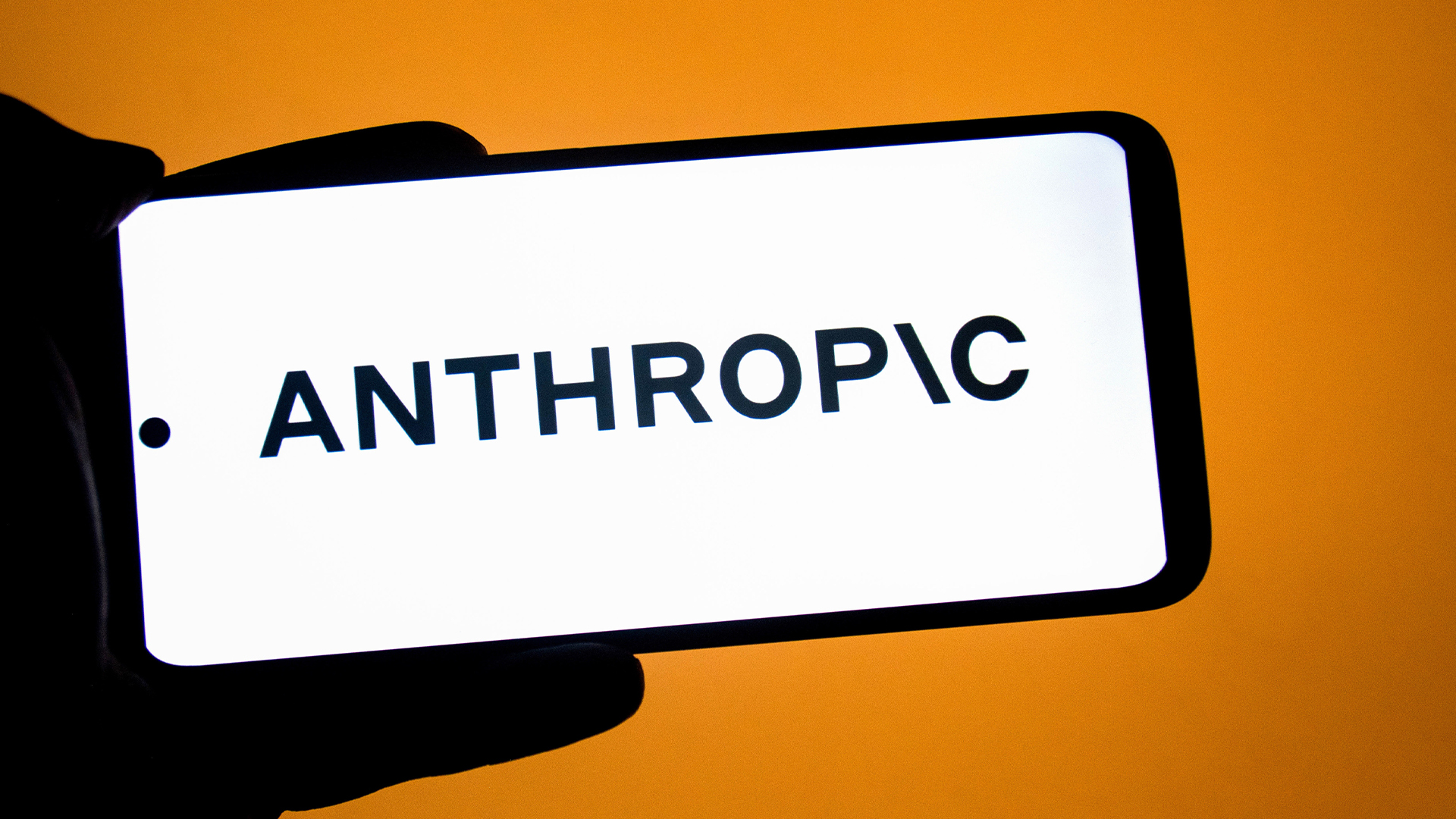 What Anthropic's constitution changes mean for the future of Claude
What Anthropic's constitution changes mean for the future of ClaudeNews The developer debates AI consciousness while trying to make Claude chatbot behave better
-
 Satya Nadella says a 'telltale sign' of an AI bubble is if it only benefits tech companies – but the technology is now having a huge impact in a range of industries
Satya Nadella says a 'telltale sign' of an AI bubble is if it only benefits tech companies – but the technology is now having a huge impact in a range of industriesNews Microsoft CEO Satya Nadella appears confident that the AI market isn’t in the midst of a bubble, but warned widespread adoption outside of the technology industry will be key to calming concerns.
-
 Workers are wasting half a day each week fixing AI ‘workslop’
Workers are wasting half a day each week fixing AI ‘workslop’News Better staff training and understanding of the technology is needed to cut down on AI workslop
-
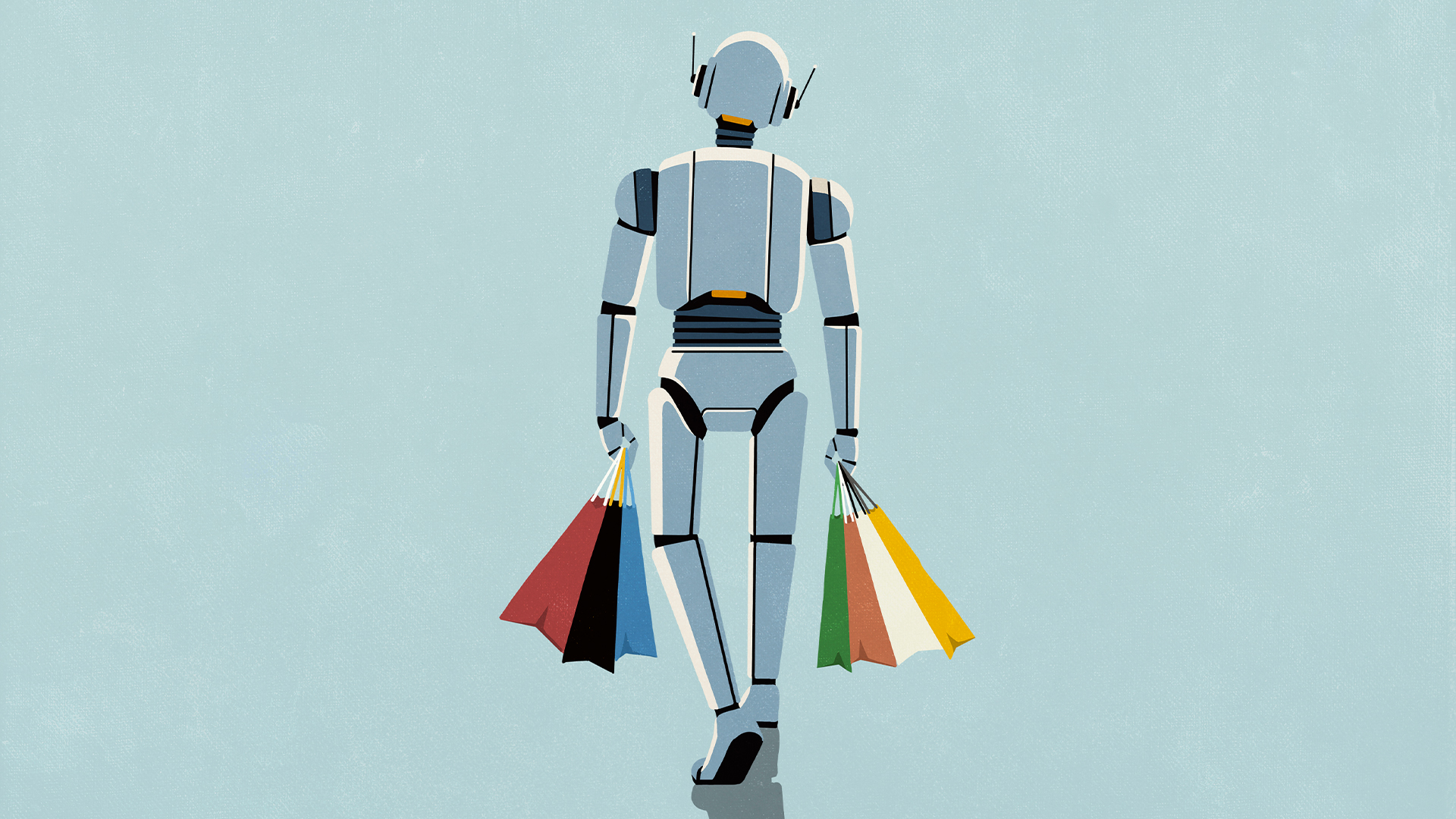 Retailers are turning to AI to streamline supply chains and customer experience – and open source options are proving highly popular
Retailers are turning to AI to streamline supply chains and customer experience – and open source options are proving highly popularNews Companies are moving AI projects from pilot to production across the board, with a focus on open-source models and software, as well as agentic and physical AI
-
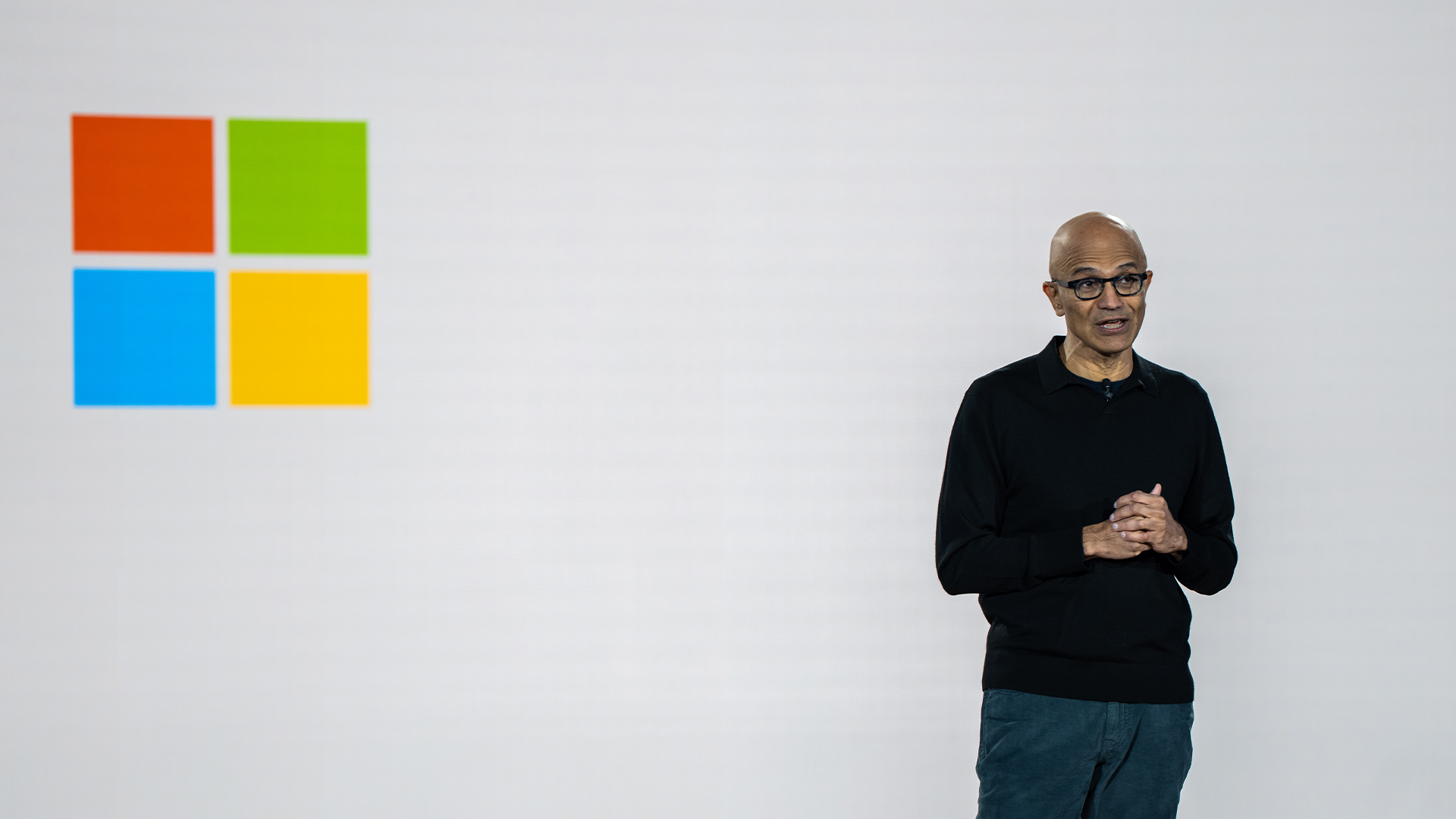 Microsoft CEO Satya Nadella wants an end to the term ‘AI slop’ and says 2026 will be a ‘pivotal year’ for the technology – but enterprises still need to iron out key lingering issues
Microsoft CEO Satya Nadella wants an end to the term ‘AI slop’ and says 2026 will be a ‘pivotal year’ for the technology – but enterprises still need to iron out key lingering issuesNews Microsoft CEO Satya Nadella might want the term "AI slop" shelved in 2026, but businesses will still be dealing with increasing output problems and poor returns.
-
 OpenAI says prompt injection attacks are a serious threat for AI browsers – and it’s a problem that’s ‘unlikely to ever be fully solved'
OpenAI says prompt injection attacks are a serious threat for AI browsers – and it’s a problem that’s ‘unlikely to ever be fully solved'News OpenAI details efforts to protect ChatGPT Atlas against prompt injection attacks
